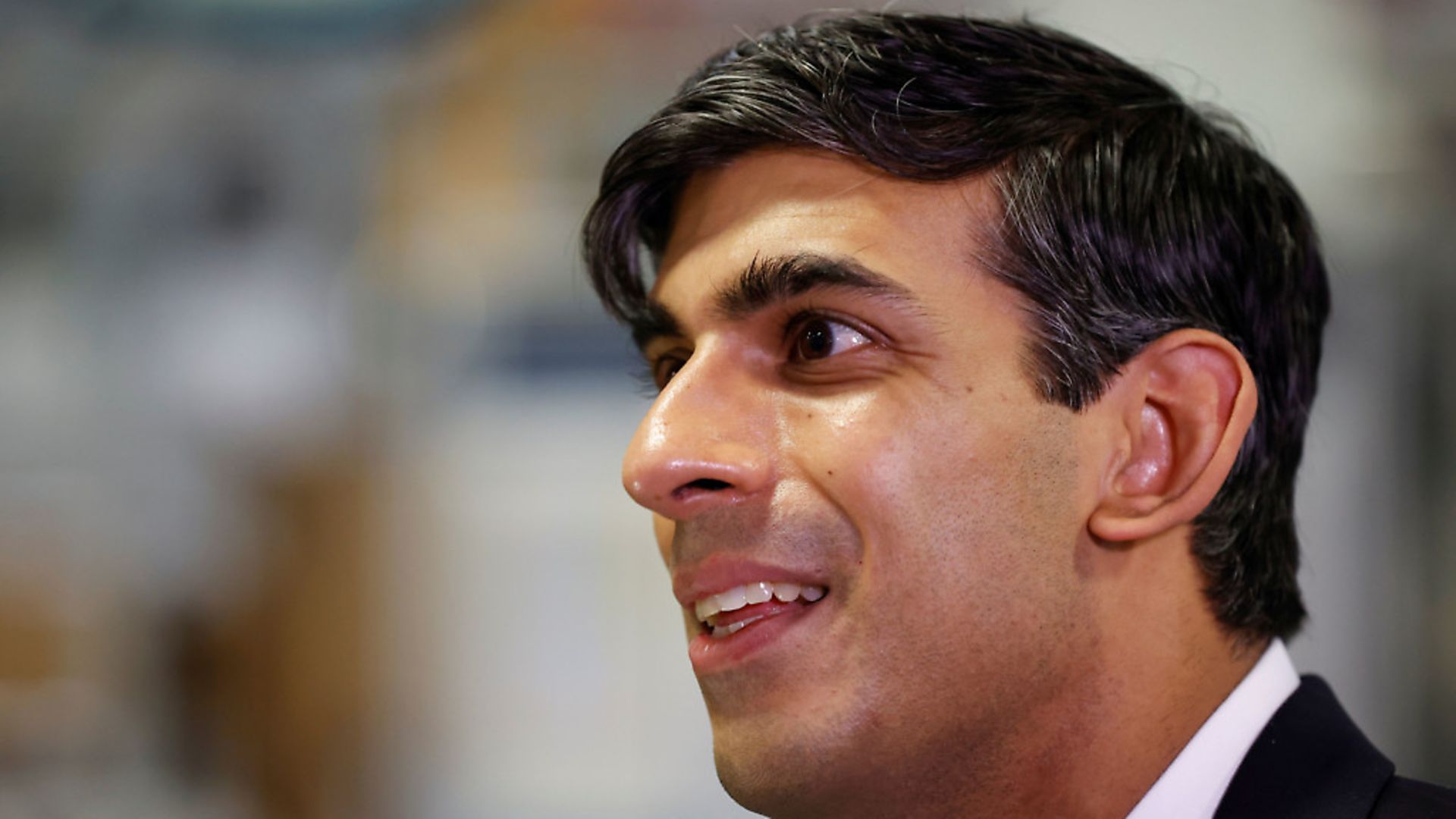
Economists from the Institute for Fiscal Studies (IFS) have questioned some of the measures announced by Rishi Sunak to deal with the consequences of the coronavirus crisis, and warned tax rises may last decades to pay for it.
The IFS said managing the elevated debt from the pandemic would be a task ‘for not just the current chancellor, but also many of his successors’.
At a presentation of its findings on the Chancellor’s statement, IFS director Paul Johnson said that a ‘reckoning, in the form of higher taxes’ would have to come eventually.
And deputy director Carl Emmerson warned that the economy would probably not be as big as it would have been had the crisis not hit.
‘If that’s the case, and it’s very likely to be the case, revenues will still be depressed, and if we want to try then to bring the deficit back to where it would have been absent the crisis, we will need to do some spending cuts, or given a decade of austerity, perhaps more likely some tax rises,’ he said.
Have your say
Send your letters for publication to The New European by emailing letters@theneweuropean.co.uk and pick up an edition each Thursday for more comment and analysis. Find your nearest stockist here or subscribe to a print or digital edition for just £13. You can also join our readers' Facebook group to keep the discussion and debate going with thousands of fellow pro-Europeans.
‘It’s going to take decades before we manage that debt down to the levels we were used to pre this crisis.’
The IFS said that the temporary stamp duty holiday announced by Sunak could push up house prices, and deputy director Helen Miller questioned whether the meal discount scheme and VAT cut were driven by a problem with demand, or supply – with businesses unable to accommodate customers due to social distancing constraints.
She said many businesses would not pass on the VAT cut to customers so ‘the firms that benefit most would be those who have the highest sales, who are operating closest to normal’.
She also questioned why the ‘eat out to help out’ scheme did not include takeaways.
Meanwhile HM Revenue and Customs chief executive Jim Harra raised concerns about the value for money of the Job Retention Bonus scheme which gives £1,000 to firms for each furloughed employee they bring back to work.
In a letter to the chancellor, he requested a ministerial direction – a formal order to go ahead with a scheme despite the concerns.
Harra said that while there was a ‘sound policy rationale’ for the scheme, ‘the advice that we have both received highlights uncertainty around the value for money of this proposal’.









